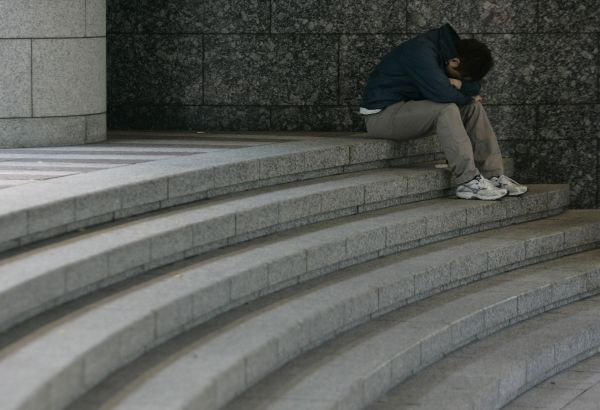Acupuncture: New Frontier In Stress Relief

Acupuncture was found to be effective in the treatment of chronic anxiety and stress in rats, says a recent report published in the journal Endocrinology. The researchers at Georgetown University Medical Center in Washington, D.C., say acupuncture can help treat stress by targeting the specific pathways and regions through which it travels in the human body.
The lead researcher, licensed acupuncturist Ladan Eshkevari, says that even though the benefits of acupuncture are already widely known, the latest findings serve as confirmation.
In her clinical practice, Eshkevari noticed that her patients reported an improvement in symptoms not related to pain, like depression, stress, appetite and sleep. Since the literature had no data about a link between acupuncture and chronic stress relief, Eshkevari decided to find if there was any connection at all.
The researchers looked at the key pathway that is targeted by common antidepressants and anti-anxiety drugs, the hypothalamus-pituitary-adrenal axis. The pathway is known to produce cortisol, a stress hormone.
The researchers divided the rats into four groups. The first group was stressed and given acupuncture. The second group was stressed before applying the technique at a non-acupuncture point. The third group was stressed, but no acupuncture was applied. The fourth group was left alone and acted as a control group.
At the end of the 11 days of the research, the researchers figured out that the rats that were not given the acupuncture treatment showed greater signs of depression, anxiety and stress. On the other hand, those that were provided with acupuncture had almost the equivalent amount of cortisol as the control group of rats. In addition, they had lower levels of cortisol than those that were given sham acupuncture.
The researchers concluded the study based on the observation of the activity of the rats when placed in an open box. Less anxious rats moved more freely and explored more, while the anxious ones sat in a corner. When dropped in a bucket of water, those that continued to swim were less affected by depression that those that gave up first.
© Copyright IBTimes 2024. All rights reserved.





















